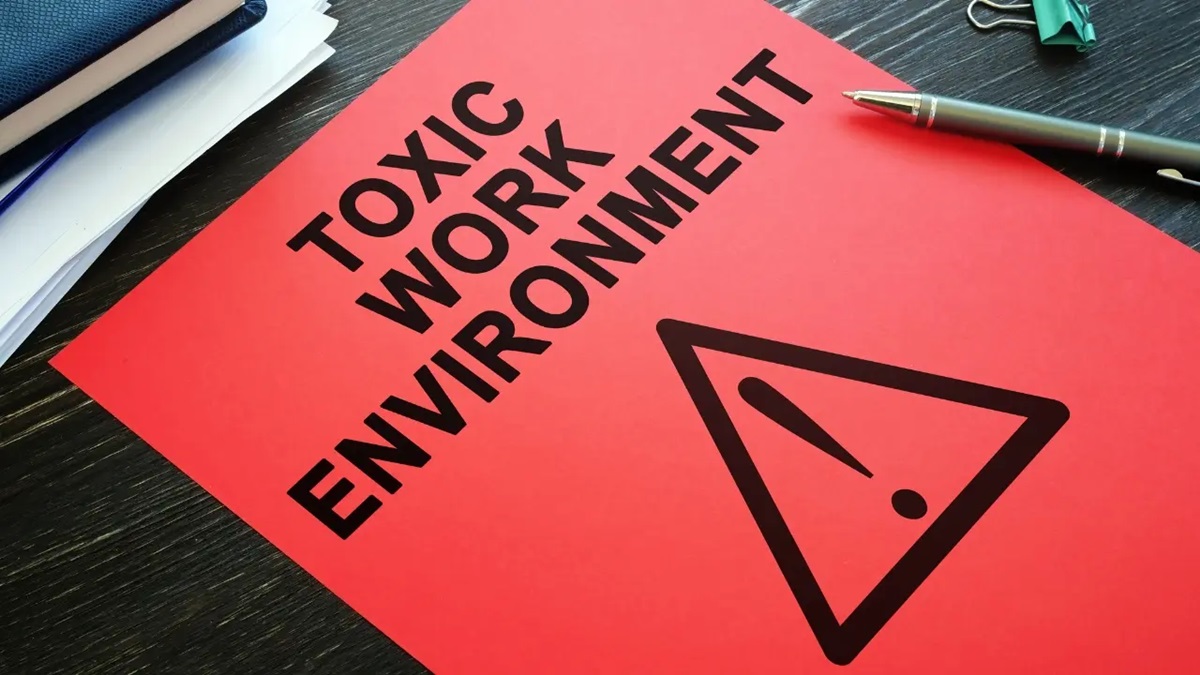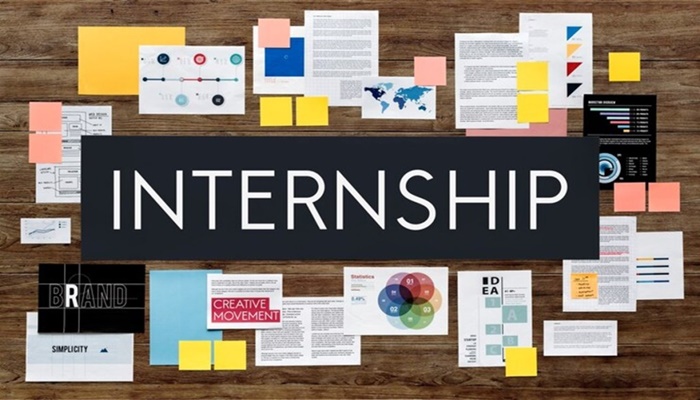In today’s competitive job market, professionals are increasingly questioning traditional career paths, especially when faced with limited growth, frequent job changes, or lack of leadership experience. These concerns were brought to light in a recent Reddit post where an employee shared his personal career regrets after leaving his role in the advertising industry. The post quickly attracted attention, prompting a wider conversation about the long-term impact of early career decisions, the risks of frequent job switches, and the viability of making a mid-career shift through further education.
A professional recently took to Reddit to share a detailed post about what he described as a series of career missteps that led him to quit his job in the edtech sector. With over five years of experience in advertising and marketing, he highlighted several decisions that, in retrospect, he believes hindered his career growth.
The original poster (OP), who completed his MBA from a tier-2 institute, began his career in advertising at a notably low salary — something he acknowledged as typical in the industry. In pursuit of better opportunities and higher compensation, he moved between several organizations. “I have changed 5 organizations in 5 years. However, one was of 2.5 years, and another was 1.5 years. The rest were a few months,” he explained.
Despite the variety in roles, he admitted to not developing deep expertise in any single area. He also pointed out that all his roles were individual contributor (IC) positions, and now, as a manager without leadership experience, he finds himself in a difficult spot.
Now considering a career change, the OP is contemplating enrolling in an Executive MBA program to switch to a field that offers both a higher salary and work-life balance. He asked the Reddit community for suggestions on viable career paths and whether pursuing an Executive MBA is a smart move at this stage.
Reddit Users Share Similar Experiences
Reddit users responded with a range of perspectives. One user, wandering-learner, shared that they too had switched jobs frequently, largely due to circumstances like company acquisitions, lack of projects, and structural changes including layoffs. “I too have multiple switches, though for me it was me being at wrong place and wrong time lol,” the user added, expressing empathy.
Another user, lucy_peabody, offered a nuanced view. While not entirely critical of frequent job changes, they warned against too many in a short span. “I think if you find someplace where at least 2 out of 3 top variables you want in a job align—I would try to stick for at least 1.5-2 years,” they suggested. The user also noted that many roles are IC by nature and that being a people manager isn’t necessarily a measure of professional success.
A Broader Perspective Emerges
The conversation revealed that frequent job changes are more common than often assumed. wandering-learner admitted to having changed jobs eight times in nine years, with only one stint lasting more than four years. However, they pointed out the instability in their field — tech — which, according to them, “sucks right now.”
The OP acknowledged the impact of not having led a team and the impression it leaves on recruiters. “I think somewhere recruiters do take a step back when I say I have not managed a team in 5 years of my career,” he noted.
Though opinions varied, many users wished the OP success. Some suggested exploring tech roles to restart his career, while others emphasized that switching to a new domain through an Executive MBA should be a carefully considered decision.
While the future remains uncertain for the OP, the thread served as a thoughtful exchange about the long-term effects of early career choices — a conversation many professionals could relate to.




















